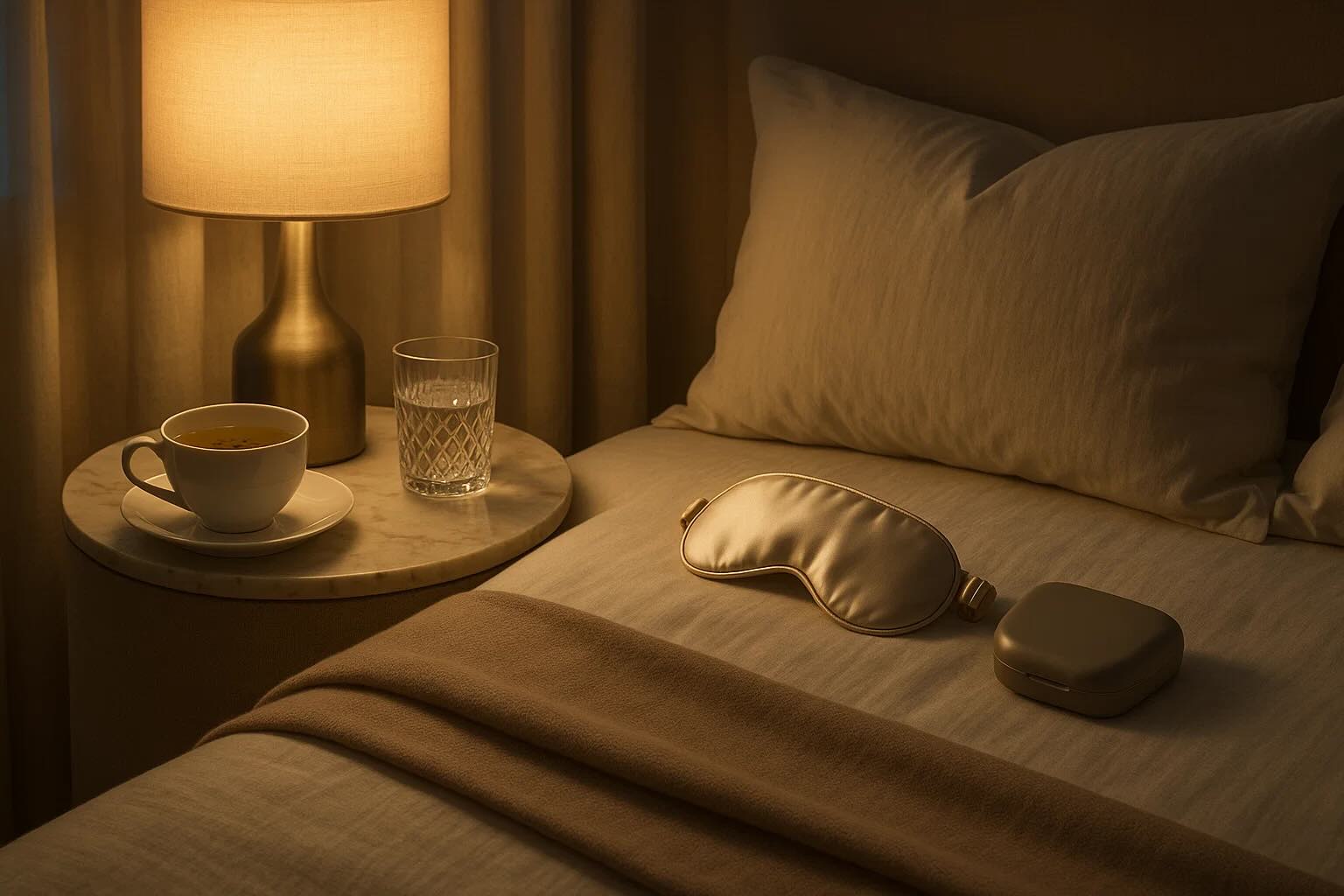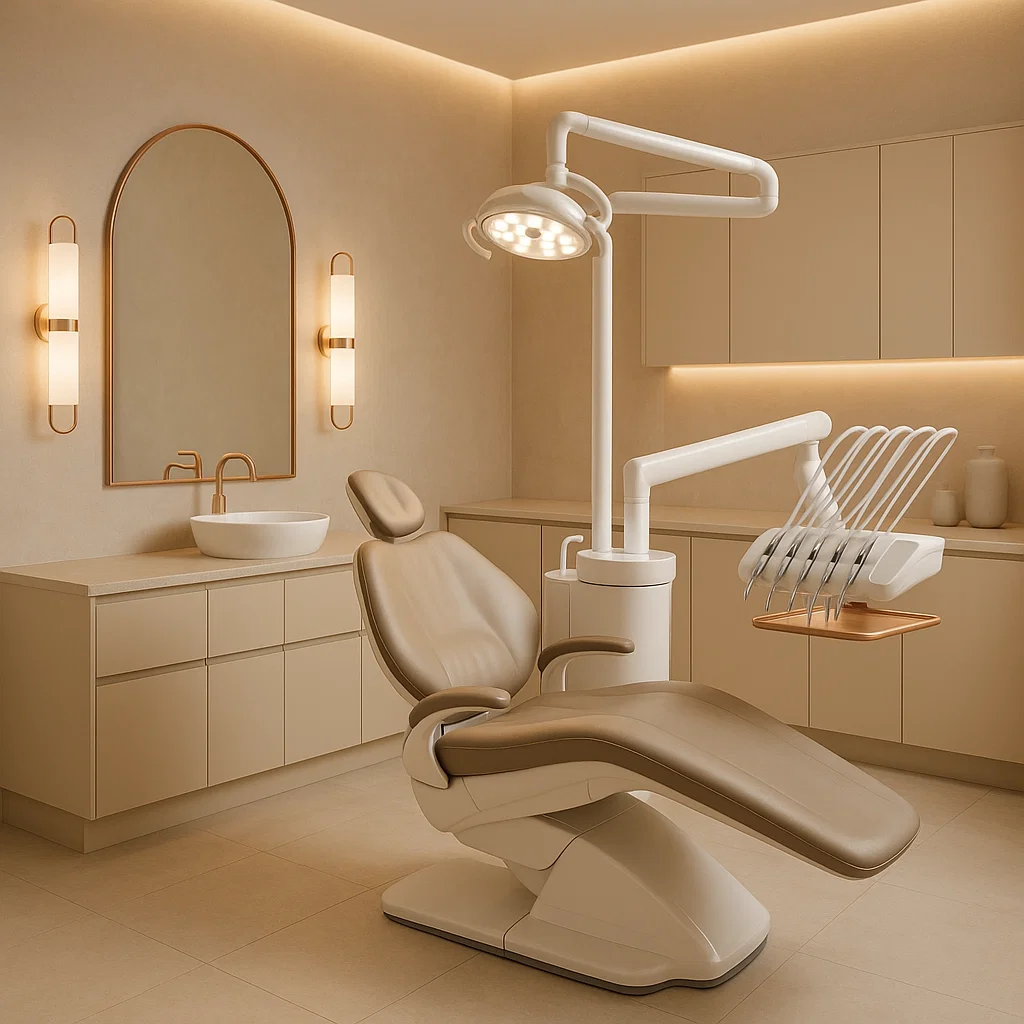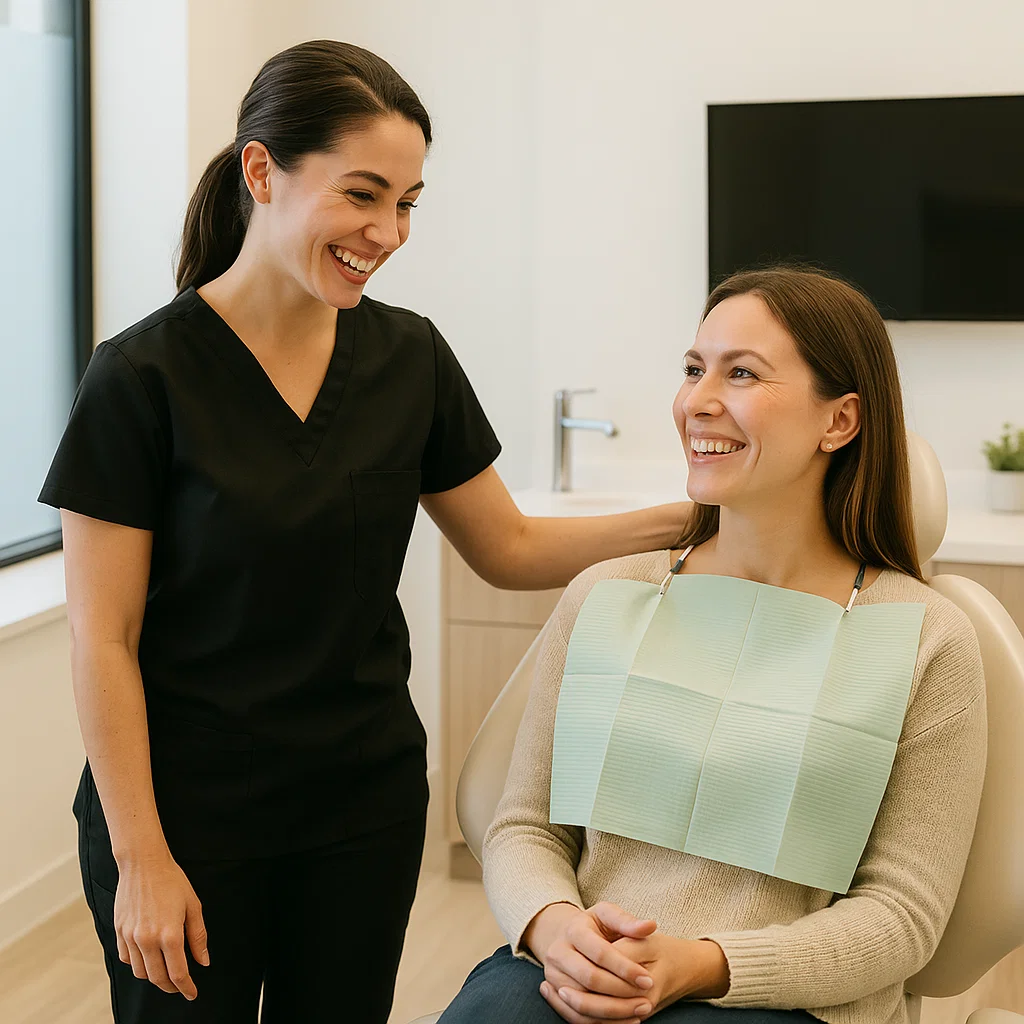
We live in a world that glorifies late nights and endless productivity. Scrolling past midnight, trading rest for deadlines, and relying on caffeine have become the norm. But here’s the truth: your body always keeps score. And poor sleep doesn’t just drain your energy—it reshapes your appearance, your confidence, and yes, even your smile.
When sleep is cut short, cortisol—the stress hormone—remains high. That constant tension doesn’t stay invisible.
📊 According to the American Dental Association (2023), nearly 70% of adults report teeth grinding during times of poor sleep or high stress.
Stress overnight is like carrying yesterday into today—and your smile pays the price.
Sleep is the body’s reset button. Without it, inflammation lingers and slows recovery.
🔎 The CDC notes that chronic poor sleep drives systemic inflammation, raising risks for gum disease, cardiovascular disease, and slower tissue repair.
Exhaustion quietly reshapes your habits—and those small lapses build up.
💡 Case in point: A patient at KYT once visited complaining of morning headaches and worn teeth. She didn’t realize her late-night work routine fueled jaw clenching and enamel wear. After we fitted her for a custom nightguard, her comfort and smile both improved within weeks.
The power of sleep lies in how many areas it touches at once. When you’re rested:
This isn’t about luxury—it’s about giving yourself the same quality of care you’d expect anywhere else in life. Wellness, beauty, and dentistry all connect at the foundation of sleep.
Premium doesn’t mean expensive—it means intentional. Dim the lights, slip into comfortable clothes, brew a calming tea, and let your body wind down. Treat bedtime as self-care, not an afterthought.
Think of it as skincare for your smile—an accessory that protects while you rest.
Luxury is calm. Set your phone aside an hour before bed, stretch, journal, or listen to music. These small rituals cost nothing—but restore everything.
Can poor sleep really harm my teeth?
Yes. High stress and low rest trigger clenching and grinding, which wear enamel and strain jaw muscles.
How do I know if I grind at night?
Morning headaches, jaw soreness, tooth sensitivity, or a bed partner noticing grinding sounds are telltale signs.
Does poor sleep affect gums?
Absolutely. Sleep deprivation slows gum healing and increases the risk of gum disease.
Is a nightguard worth it?
Yes—especially if you grind or clench. It preserves your enamel, protects against cracks, and improves comfort.
Can better sleep really improve appearance?
Yes. Rested bodies heal faster, reduce puffiness, and reveal brighter skin and smiles.
At KYT Dental Services, premium care isn’t about status—it’s about access. Whether you’re managing stress, healing after dental work, or protecting your smile for the future, sleep and dentistry work together. Because the truth is simple:
✨ Good sleep doesn’t just restore your body—it restores your confidence, your appearance, and your smile.





